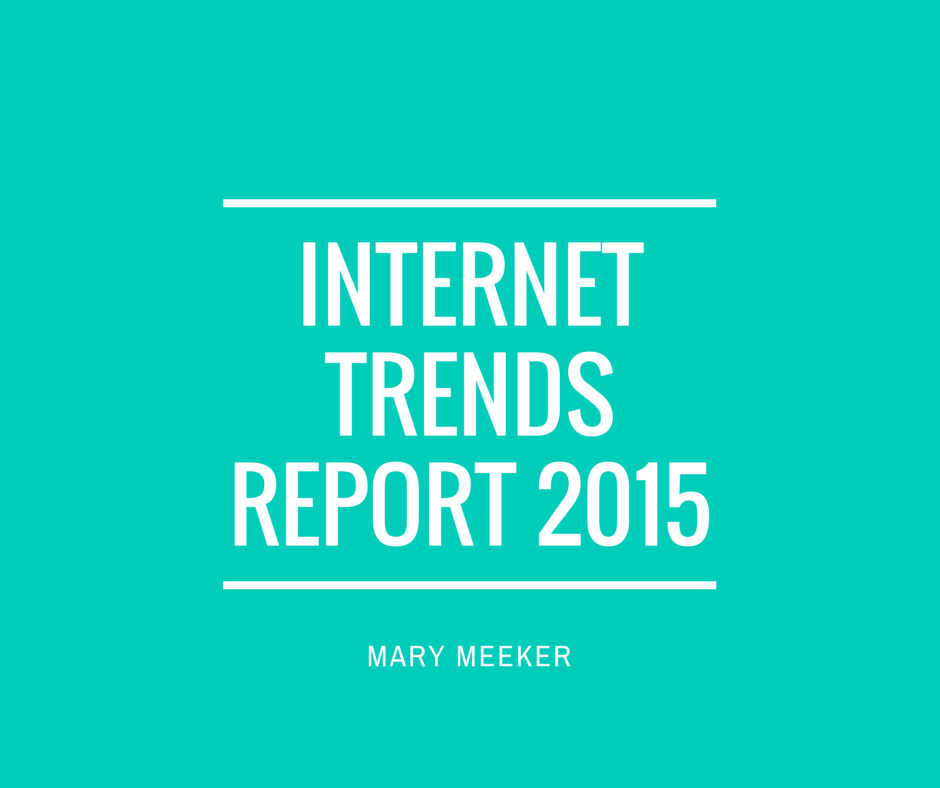TOP TALK
Some Focus for Your Summer Reading: "The One Thing" by Gary Keller

Posted By Kathy Wilson on June 24, 2015
As I’m writing this blog post, I’m also keeping an eye on email, proofreading a document, and drinking a cup of coffee.
Nah, just kidding. But for the vast majority of us in the business world, this scenario likely feels familiar. We’re challenged every day to keep multiple plates spinning, shifting our attention from one matter to the next – all in the name of increased productivity and success.
Or so we think.
According to Gary Keller, author of the best-selling business book, “The One Thing,” trying to focus simultaneously on too many priorities may be just what’s getting between us and extraordinary results.
Keller’s book touts the value of what he calls “going small” – ignoring all the things we could do and focusing instead on the things we should do. Sounds like simple common sense, except for the fact I suspect most of us too often fail dismally at this approach.
The book is broken into three sections (The Lies, The Truth, and Extraordinary Results), focused on the value of “The One Thing” and success in both our work and personal lives. I’ll summarize in this post what Keller calls the “Six Lies Between You and Success.” See if any of these resonate with you:
- 1. Everything Matters Equally
- 2. Multitasking
- 3. A Disciplined Life
- 4. Willpower is Always on Will-Call
- 5. A Balanced Life
- 6. Big is Bad
Let me break these down:
- First up is the idea that everything matters equally. Keller points out that most of our email boxes are overflowing with trivial matters that are masked as priorities. But achievers understand the value of the 80/20 Principle: putting 80% of our efforts into the 20% of things that will make the most difference. In other words, as Keller says, in the world of success, things aren’t equal. Selected effort creates almost all of the rewards.
- Next up is my personal favorite, multitasking. But according to Keller (whose theory is backed up by Stanford University research), multitasking is a lie. The Stanford research showed that multitaskers are “suckers for irrelevancy” and that people simply can’t or won’t do two things well simultaneously. Additional research cited by Keller also shows multitaskers actually take longer to complete tasks than their counterparts who take a more focused approach to a project. So while distraction is a natural fact of business (and life), stop yourself next time you’re tempted to text a response to a colleague during a meeting that deserves your full attention, or some similar multitask-obsessive behavior.
- Have you ever envied someone who lives what you consider to be a “disciplined life”? If so, stop feeling guilty. Keller says none of us needs more discipline than we already have – we just need to manage it better. The trick to success, says Keller, is to “choose the right habit” (such as learning to focus as did Olympic swimmer and ADHD sufferer Michael Phelps) “and bring just enough discipline to establish it.” Discipline becomes easier as habits are ingrained, so Keller advises us to “lock in one habit so it becomes part of your life.” Keller continues, “Be a person of powerful habits and use selected discipline to develop them.
- The word “willpower” trips off our tongues so easily. Too bad conjuring it up at the right moment can be so difficult. Keller points out that using willpower effectively should be a priority. Unfortunately, though, “willpower isn’t on will-call so putting it to its best use requires you to manage it.” Keller draws an analogy between willpower and our cellphone battery – we start with a full supply at the beginning of each day but draw against that supply as the hours tick by. Willpower must be viewed as a limited resource to be intelligently managed. In that spirit, people should consider doing what matters most first each day when willpower supplies are strongest. Maximum strength willpower translates to maximum success, says Keller.
- Then there’s the notion of a balanced life. Every day it seems I read an article about Americans’ disappearing work/life balance. But life is a balancing act, says Keller, and the question of balance is really a question of priority. It’s natural for us to shift priorities on a daily basis from the “work” bucket to the “life” bucket. But the most successful of us have a talent to counterbalance both buckets, “letting the right things take precedence when they should and get(ting) to the rest when you can.”
- And lastly, go big, says Keller - even as we’re going small with our priorities! Don’t fear big thinking or bold actions, either in how you live life or conduct business. Instead, he says, “fear mediocrity, fear waste, fear the lack of living to your fullest.” Because when we fear big, “we either consciously or subconsciously work against it.” And along with this good advice, Keller reminds us not to fear failure. “Extraordinary results aren’t built solely on extraordinary results. They’re built on failure, too. In fact, it would be accurate to say that we fail our way to success.”
Keller’s book is full of the kind of un-common sense most of us have but too often ignore. So if you’re looking for an enjoyable read that’s chock-full of tips to cut through the clutter, help you to avoid feeling overwhelmed, reduce stress and stay on track towards your goals, “The One Thing” is a must-read this summer.

Kathy Wilson
Kathy Wilson is a Co-founder and Managing Partner at Tier One, where she leads the agency's Boston office and serves as a strategic client counselor. She taps her three decades of experience in B2B and B2C technology, digital healthcare, and financial services — including work counseling major brands like SAP, Citrix, Ultimate Software, GHX, and Ally Financial — to help clients meet critical business and marketing objectives. Kathy is a die-hard Red Sox fan and loves nothing better than a summer day at Fenway Park.


